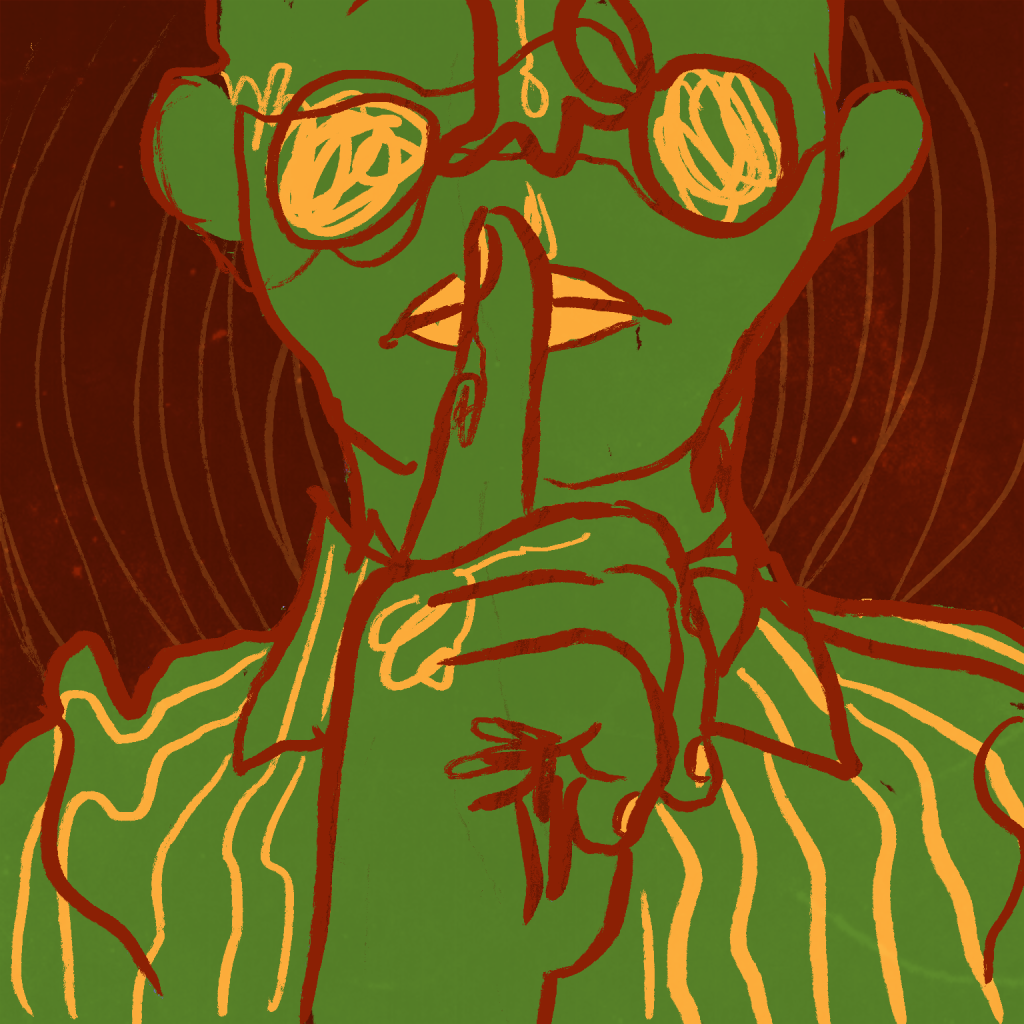On January 18, six universities in the United Kingdom pledged to not use Non-Disclosure Agreements (NDAs) in dealing with complaints of sexual misconduct, bullying, and other forms of harassment at their institutions.
This comes over a month after the CBC wrote an article describing a “culture of silence and fear” on the University of Prince Edward Island campus.
The article describes multiple women who signed NDAs after coming forward with complaints of sexual harassment on campus.
Julie MacFarlance, a former professor at the University of Windsor’s law school and Zelda Perkins, an ex-assistant to Harvey Weinstein, formed “Can’t Buy My Silence,” an organization dedicated to ending the misuse of NDAs to buying the silence of victims.
MacFarlane became passionate about the cause after a former colleague at Windsor’s law school was investigated for harassment, abuse of power, and intimidation in 2015.
This colleague was dismissed but given an NDA by the university pledging to not disclose the allegations and provide him with a reference for future employment.
In 2016, MacFarlane received a call from his prospective employer and provided an honest reference. She was then sued by her former colleague for defamation.
The university refused to provide her with an adequate legal defence.
MacFarlane spent multiple years fighting to end the use of NDAs at the University of Windsor. When this was unsuccessful, she left the university and has since become dedicated to the cause.
The first mention of NDAs is from the 1940s in the context of maritime law. They became more mainstream in the 1980s in the era of high-tech.
MacFarlane says that NDAs were most often used to protect trade secrets and proprietary algorithms. Leaks from employees or former employees pose a real risk to business.
Such a practice is highly useful in business. However, their use has crept into all aspects of life, including the university for uses outside of their original scope.
NDAs are now being widely used to cover wrong-doing. “NDAs should not be used to hide public interest information.”
In other words, NDAs should not be employed to block access to information the public has an interest in knowing. For example, the NDA signed by the University of Windsor prevented other universities from knowing the harm caused by MacFarlane’s former colleague when making their hiring decision.
MacFarlane also says the harm they cause to victims of sexual harassment and other forms of abuse is real. The agreement is quite unique because it is one that lasts for life.
“A victim who signs an NDA cannot talk about their traumatic experience for the rest of their life.”
The victim is forced to repress their trauma and the NDA can stand in the way of getting the help that they need.
So far, MacFarlane’s organization has been a resounding success. Legislation is poised to be introduced in Ireland banning the use of NDAs in circumstances where it would cover up wrongdoing. The government of PEI has also been in touch and have taken steps to introduce similar legislation.
Further, MacFarlane states that the Manitoba Liberals, the British Columbia Government, and the Minister for Status of Women in Nova Scotia have all taken interest in bringing forward copy-cat legislation in their provinces.
So far, MacFarlane does not know of any plans in New Brunswick to do the same.
NDAs have had problematic uses on the University of New Brunswick campus.
Last year, law professor Jason Mclean was subject to a grade appeal in his class. The review found improper conduct on his part and the appeal by his students was successful.
While the grades were changed, the university required students to sign an NDA before they were able to read the reasons why the appeal was allowed.
MacFarlane believes this should not be accepted practice at universities and students deserve to know what their potential professor was found to have done before deciding whether to take his classes.
She expressed hope that UNB would pledge to end the use of NDAs even with a lack of legislation prohibiting them.
UNB did not respond to a request for comment before the deadline for this story.




